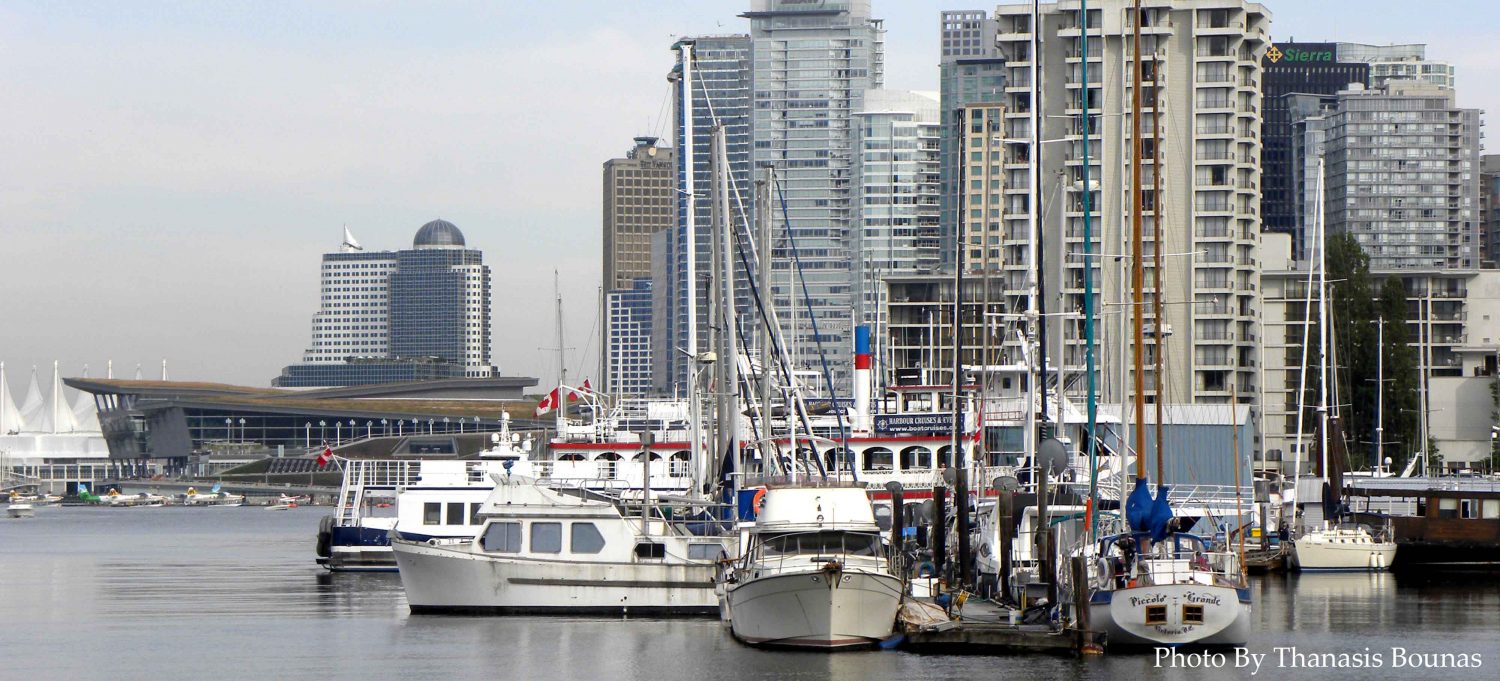
A Historic Inlet Reimagined
Nestled in the heart of Vancouver, False Creek tells a story of bold urban reinvention. Once a gritty hub of sawmills, shipyards, and heavy industry, this narrow inlet has transformed into one of Canada’s most inspiring examples of sustainable urban planning.
From polluted waters and neglected rail yards to a shimmering shoreline filled with life, False Creek is no longer the city’s industrial backyard — it’s become its ecological and social front porch.

The Industrial Roots of False Creek
In the early 20th century, False Creek was lined with lumber yards, warehouses, and manufacturing plants. It served as an artery of commerce, linking Vancouver’s growing economy to its Pacific lifelines.
But industrial progress came at a cost. Pollution choked the waters, wildlife vanished, and the area became unwelcoming and inaccessible to the average citizen.
By the 1960s, False Creek had become a cautionary tale of what unchecked urban expansion can do to a natural waterway.

Olympic Legacy and Urban Renewal
The turning point came in the 1970s, when civic leaders and urban planners envisioned a new False Creek — one shaped by sustainability, green space, and people-first design.
Major milestones include:
- The creation of Granville Island as a cultural and culinary hub.
- The Vancouver Expo 1986, which spurred waterfront development.
- The transformation of Southeast False Creek into the Olympic Village for the 2010 Winter Games — now a model green neighborhood powered by renewable energy and rainwater harvesting.
Today, False Creek is a world-renowned case study in waterfront regeneration.

A Day in False Creek Today
Visitors and residents can now:
- Paddle through calm waters by kayak or SUP, under the city’s iconic glass towers.
- Enjoy bike rides along the Seawall, North America’s longest uninterrupted waterfront path.
- Explore the Science World dome, home to hands-on exhibitions for all ages.
- Taste sustainable cuisine at cafés and restaurants in Olympic Village and Granville Island.
- Join weekend markets, cultural festivals, and outdoor yoga — all with the soothing backdrop of the inlet.
False Creek is no longer just a place — it’s an experience.

Sustainability in Action
What makes False Creek truly unique is its commitment to sustainability:
- LEED-certified residential buildings.
- Integrated stormwater management systems.
- Solar-powered amenities and district energy heating.
- Open access to parks, green roofs, and eco-trails.
It’s a living lab for eco-conscious urban living — one that cities around the world look to as a blueprint.

Final Thoughts
False Creek’s transformation is not just about urban beautification — it’s a story of reconnection: of a city with its waterfront, of people with public space, and of progress with responsibility.
From industry to ecology, from pollution to innovation — False Creek embodies the Vancouver of tomorrow, today.

Be the first to comment